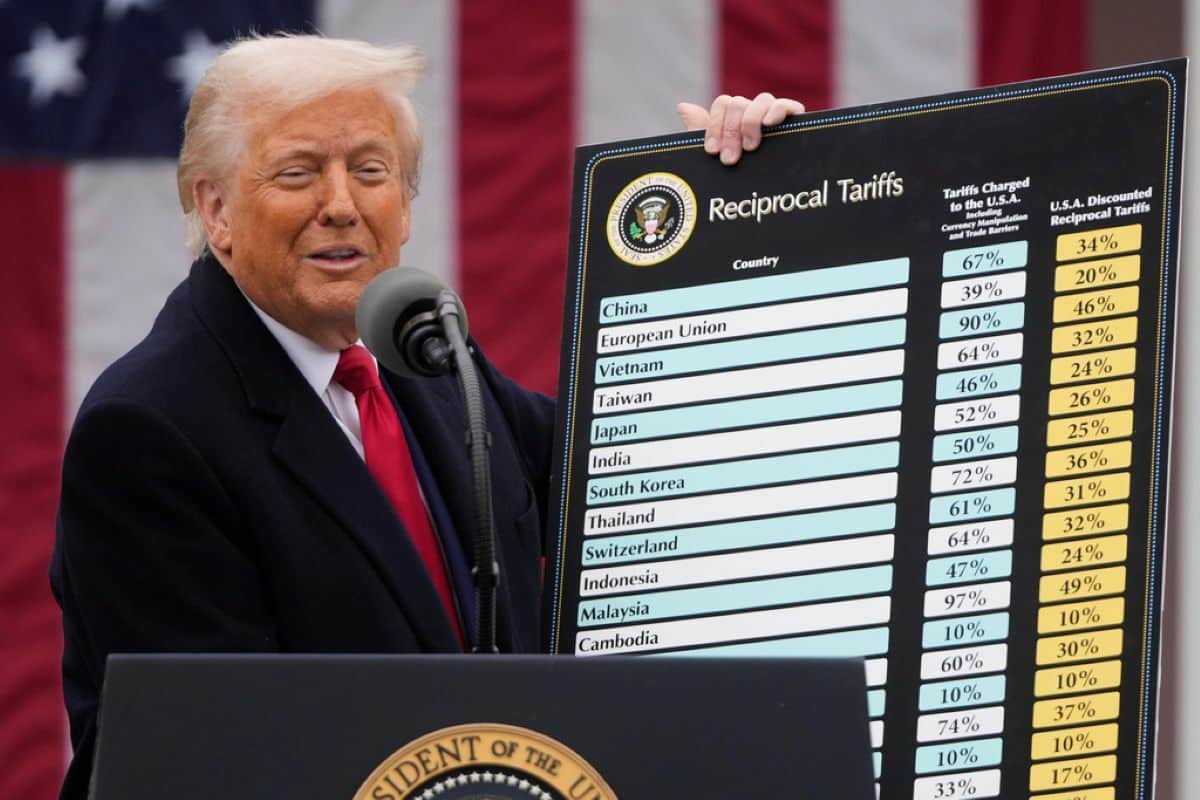

Thailand has submitted its latest trade proposal to the United States in a last-minute effort to avoid steep tariffs on its exports, as confirmed by Finance Minister Pichai Chunhavajira.
The move comes ahead of a July 9 deadline when a 90-day suspension capping tariffs at 10% for most nations is set to expire. If no agreement is reached, Washington plans to impose a 36% levy on Thai imports.
The US is Thailand’s largest export market, accounting for 18.3% of shipments last year, valued at nearly US$55 billion. Washington estimates its trade deficit with Thailand at US$45.6 billion.
Pichai said the revised proposal aims to reduce Thailand’s surplus by 70% within five years and achieve a balanced trade relationship within seven to eight years. This timeline accelerates an earlier target of ten years.
Key measures include offering greater market access for US agricultural and industrial products and increasing purchases of energy and Boeing aircraft.

In June, Thai state-owned PTT Group signed a 20-year agreement to buy 2 million metric tonnes of liquefied natural gas per year from Glenfarne’s Alaska LNG project, a deal backed by US President Donald Trump.
Thailand’s top exports to the US last year were computers, teleprinters, telephone sets, and rubber products. Major imports included crude oil, machinery, and chemicals.
Pichai met last week with US Trade Representative Jamieson Greer and Deputy Secretary of the Treasury Michael Faulkender in Washington for Thailand’s first ministerial-level tariff discussions.
He described the proposal as a “mutually beneficial arrangement,” noting that many US products targeted for increased access are in short supply domestically and should not harm local farmers or manufacturers.
“The US can trade more with us, and we get the chance to clean up our process and cut red tape.”
Thailand is seeking a best-case scenario tariff rate of 10%, though Pichai indicated that a rate between 10% and 20% would be acceptable.
Failing to secure a deal could have serious consequences for Southeast Asia’s second-largest economy. Officials warned that higher tariffs could reduce exports significantly and cut economic growth by up to one percentage point.
The economy is already grappling with high household debt, weak consumption, and slowing tourism. The central bank recently forecast growth of 2.3% this year, compared with 2.5% in 2024.
Pichai said further adjustments to the trade proposal could be made in the coming months, depending on Washington’s response.
The story Thailand races to avert steep US tariffs with trade deal as seen on Thaiger News.
